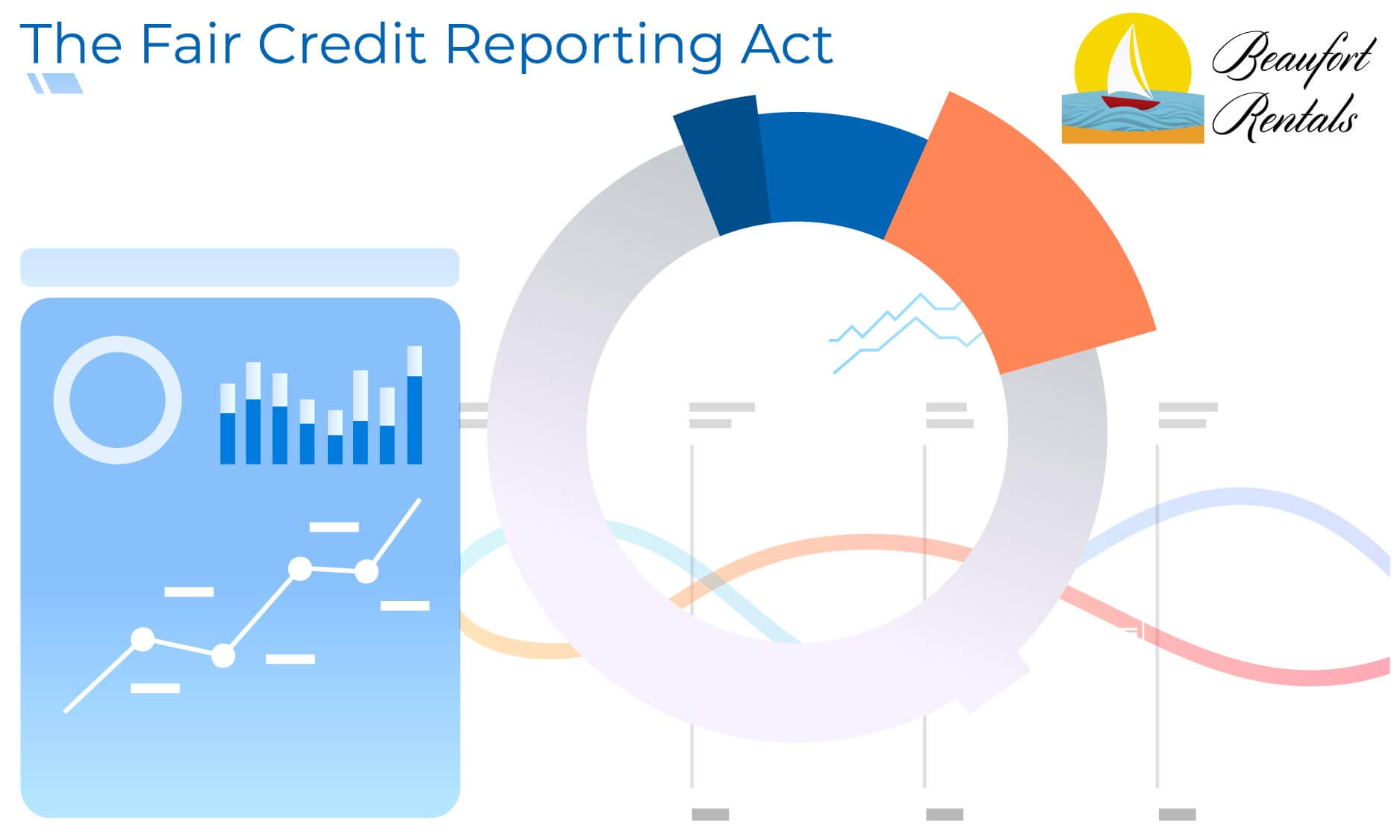The Fair Credit Reporting Act
The Fair Credit Reporting Act
In 1970, the Federal Government passes the Fair Credit Reporting Act. The purpose was to promote the accuracy, fairness, privacy, and integrity of consumer reporting information. Today a standardized format known as metro-2 is used to facilitate reporting of accurate and complete consumer’s credit history information to major credit bureaus electronically and standardized.
What is a Consumer Report?
A consumer report may contain information about a person’s credit characteristics, rental history, or criminal history. Consumer reports are prepared by a CRA and are covered by the FCRA. Examples of these reports include:
- A credit report from a credit bureau, such as Trans Union, Experian, and Equifax or an affiliated company.
- A report from a tenant screening service that describes the applicant’s rental history based on reports from previous landlords or housing court records.
- A report from a tenant screening service that describes the applicant’s rental history, and also includes a credit report the service got from a credit bureau.
- A report from a reference checking service that contacts previous landlords or other parties listed on the rental application on behalf of the rental property owner; and
- A report from a background check company about an applicant or tenant’s criminal history.
You can only obtain a consumer report if you have a permissible purpose. According to the Fair Credit Reporting Act, as a landlord, you may obtain a consumer report on applicants or tenants who apply to rent housing or renew a lease and use it to evaluate rental applications. If after evaluating the credit report you decide to deny housing to the applicant you must provide the applicant with an adverse action notice. You may obtain written permission from applicants or tenants to show that you have a permissible purpose.
An adverse action notice a letter that is required by federal law in which you tell your rental applicant that they are being denied based on the contents of their credit report or background check. The notice should indicate which credit reporting agency was used, and how to contact them.
The adverse action notice must:
- Give notice of the adverse action
- Give the name, address, and telephone number of the credit reporting agency which provided the credit report (the telephone number must be toll-free if the agency compiles and maintains consumer files on a nationwide basis).
- Include a statement that the credit reporting agency did not decide to take the adverse action and is unable to provide the consumer the specific reasons why the adverse action was taken
- Give notice of the consumer’s right to obtain a copy of the credit report from the credit reporting agency
- Give notice of the consumer’s right to dispute with the credit reporting agency the accuracy or completeness of any information in the credit report
Any willful or negligent violation of the Fair Credit Reporting Act may result in statutory damages, attorney’s fees and punitive damages.
At Beaufort Rentals, we have the knowledge, experience, and resources needed to manage your property.
This blog post is for informational purposes only and not for the purpose of providing legal advice.
Learn more about us and our services at https://beaufortscrentals.com

